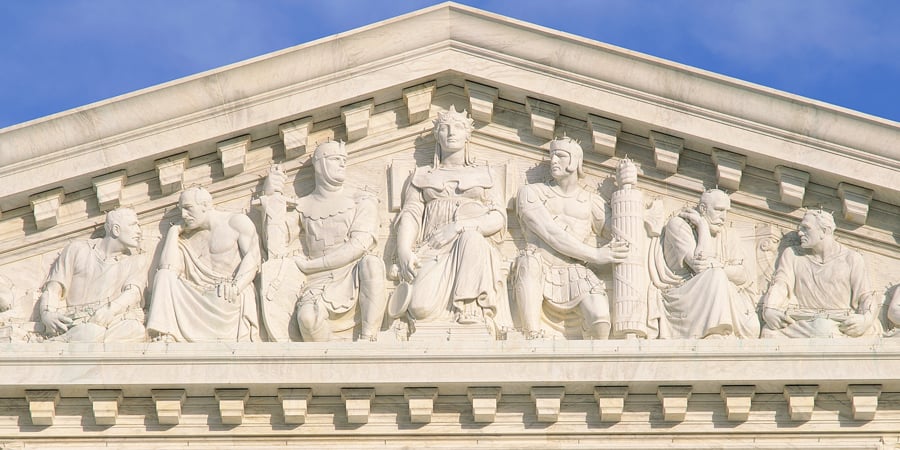On January 10, 2025, the Supreme Court of the United States granted certiorari in three cases:
Becerra v. Braidwood Management, Inc., No. 24-316: This case addresses the constitutionality of the U.S. Preventive Services Task Force (“USPSTF”), which is part of the Department of Health and Human Services. Under the Affordable Care Act, the USPSTF’s guidelines control which preventive medications, screenings, and medical treatments that health insurance providers must provide at no cost to insured individuals. In seeking to avoid the USPSTF’s guidance related to pre-exposure prophylaxis (“PrEP”) to prevent HIV infection, a group of individuals and businesses argued the USPSTF’s members were unconstitutionally appointed because they were not appointed by the president and confirmed by the Senate. The question presented is: Whether the U.S. Court of Appeals for the 5th Circuit erred in holding that the structure of the USPSTF violates the Constitution's appointments clause and in declining to sever the statutory provision that it found to unduly insulate the task force from the Health & Human Services secretary’s supervision.
Department of Education v. Career Colleges and Schools of Texas, No. 24-413: The Higher Education Act of 1965 (the “Act”) permits federal student loan borrowers to assert defenses to their federal repayment obligations based on, among other reasons, misconduct of the borrower’s school. This case involves a rule that refines the Department of Education’s administrative processes for reviewing asserted defenses to federal repayment obligations, including by strengthening the process for group resolution of defenses with common facts. In an action brought by an association of Texas schools, the district court declined to issue a preliminary injunction against the rule, explaining that the association could not establish harm caused by the rule on behalf of a member school unless the Department of Education first discharged loans to students that would not have been discharged under prior regulations and then successfully recouped any lost funds from that school. The U.S. Court of Appeals for the 5th Circuit reversed and remanded, suspending the implementation of those provisions of the regulation on a universal basis. The question presented is: Whether the 5th Circuit erred in holding that the Act does not permit the assessment of borrower defenses to repayment before default, in administrative proceedings, or on a group basis.
Commissioner of Internal Revenue v. Zuch, No. 24-416: This case considers whether a tax dispute is rendered moot by the Internal Revenue Service (“IRS”) dismissing the case after it recovered the allegedly unpaid taxes through withholding the taxpayer’s annual tax refunds and lifted the levy on the taxpayer’s property. The question presented is: Whether a proceeding under 26 U.S.C. § 6330 for a pre-deprivation determination about a levy proposed by the IRS to collect unpaid taxes becomes moot when there is no longer a live dispute over the proposed levy that gave rise to the proceeding.


